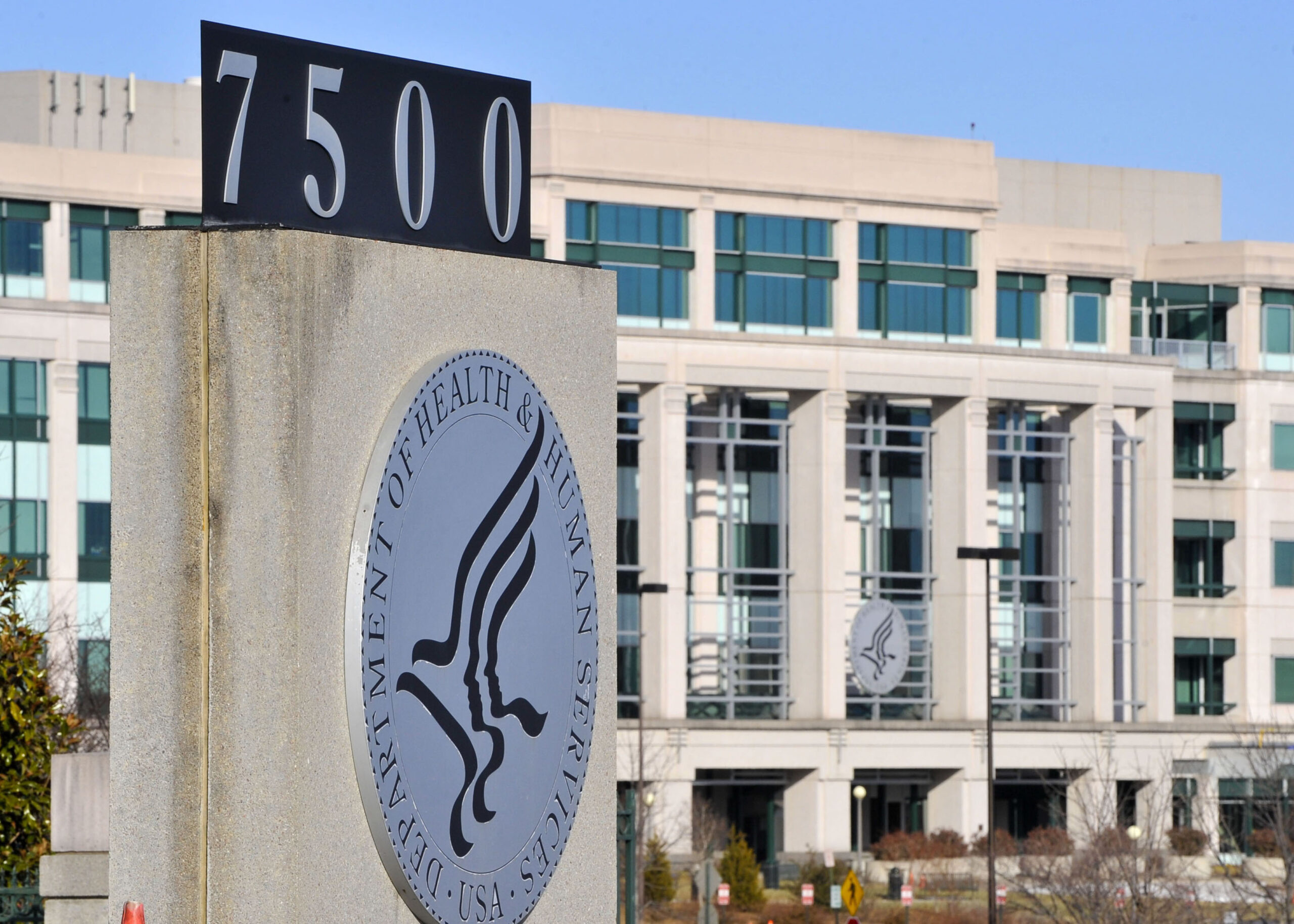|
On November 2nd, 2017, the Centers for Medicare and Medicaid Services (CMS) issued a final rule for the 2018 Physician Fee Schedule, which governs reimbursement rates for physicians.
In a significant development, beginning in 2018 CMS will update payment for biosimilars. Under the previous rule finalized in 2015 under the Obama Administration, all of the biosimilars sharing one reference product shared a single billing code. The initial policy had faced broad opposition from manufacturers of biologics and biosimilars, as well as representatives of the physician, pharmacist, and patient communities. ASBM was among these opponents.
On September 11, 2017, ASBM submitted comments to CMS which reiterated our concerns in detail and urged CMS to reconsider the policy. From the comments:
[The use of shared billing codes] disproportionately prioritizes cost among the many factors that go into making a treatment decision. These include whether or not a biosimilar was approved for a particular indication; whether its comparability to the reference product was ever demonstrated by studies in that indication or whether its effects were merely extrapolated from studies in different indications; whether the FDA determined the biosimilar is “interchangeable” with its reference product (producing the same effects without additional risks); product features such as ease and frequency of administration; the quality of patient support programs; the degree of discomfort associated with injections; whether it can it be administered at home; and whether it will be consistently available (not subject to shortages).
Second, the use of a shared identifier for multiple different biologic products implies an identicality between them which does not exist and an interchangeability between them that may or may not have been demonstrated…
Finally, shared codes may also have the unintended consequence of disincentivizing biosimilar development itself. Regardless of whether a manufacturer develops a less expensive manufacturing process or a delivery system that makes compliance more likely or reduces waste but costs more, they will be paid at the same rate. Reduced biosimilar development means reduced price competition, which could jeopardize any potential cost savings to patients and payers.
This shift in policy promotes competition to ensure millions of patients will have access to new lower cost therapies. Michael Reilly, Executive Director of ASBM praised the move: “Under the leadership of Administrator Verma, CMS has adopted a policy that makes sense for patients. It promotes the development of new therapeutic options, brings down costs, and improves pharmacovigilance. It’s a major victory for patients.” Read more about the CMS decision here. |
